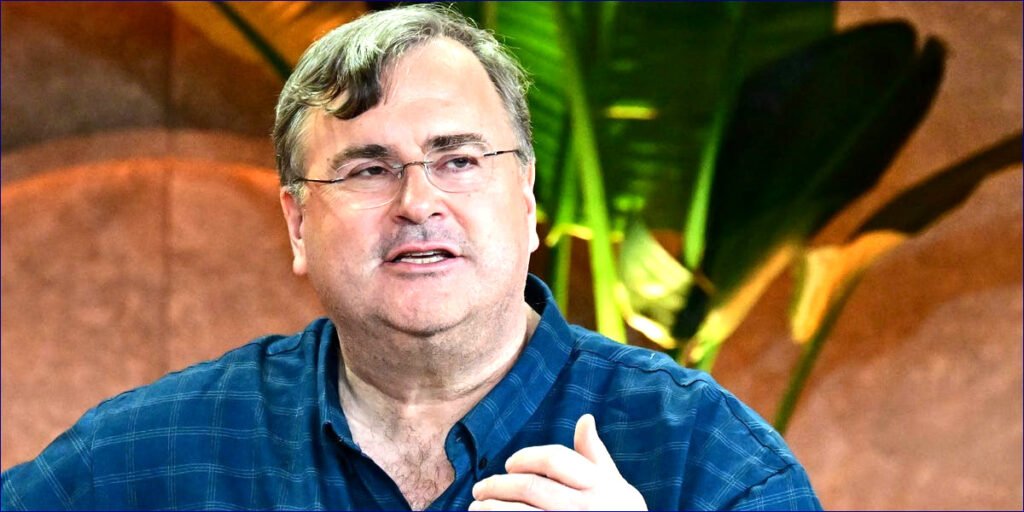In a recent and candid episode of “Diary of a CEO,” Reid Hoffman, the visionary cofounder of LinkedIn, peeled back the layers of the grueling reality that defines the startup landscape. He boldly confronted the often-romanticized notion of work-life balance, revealing a stark truth: for those daring enough to venture into the tumultuous world of startups, balance is a far-off dream, perhaps even an illusion.
Hoffman articulated that within the competitive crucible of startup culture, employees must brace themselves for an all-consuming professional existence. He emphatically stated, “Work-life balance is not the startup game.”
He reminisced about the early days of LinkedIn, a mere twinkle in the tech cosmos. Back then, compassion was allowed to seep into the rigid framework of commitment; employees with familial obligations were afforded the opportunity to prioritize home life—expectations looming that productivity would persist regardless.
However, Hoffman’s reality check was unadulterated. “Those who deem the environment toxic simply fail to grasp the tenacity demanded in the startup arena, and frankly, they’re misguided,” he asserted, emphasizing the fiery urgency that fuels the heartbeats of startups. Long Saturdays and sacrificed social life become the norms, and the cadence of relentless effort often overshadows personal aspirations.
Reflecting on his tenure at PayPal, he recounted, “We served dinner at the office; it wasn’t just about sustenance, it was a calculated move to keep our minds churning.” Yet, he pointed out a silver lining—a rare possibility for equilibrium can surface only under two conditions: either a nascent startup lacking fierce competition or one that has blazed a trail far ahead of rivals through sheer hard work.
Interestingly, he acknowledged a shifting narrative in the business world as stalwarts like Airbnb’s Brian Chesky have recently popularized the concept of “founder mode.” This term encapsulates a leadership style that demands an unwavering commitment to detail and presence, a reminder that the founder’s touch is irreplaceable, and a warning against the peril of excessive delegation.
Hoffman did not shy away from labeling the oft-perceived toxicity of startup culture as a conscious decision, likening it to the rigorous training regimes pursued by elite athletes. “If you’re swimming only two hours a day, you’re likely not making the Olympic team,” he quipped, urging aspiring founders to make a choice—“Choose what your life’s about. Nobody is forcing you into this.”
In an era that advocates for flexibility and balance, Hoffman’s reflection is a visceral reminder of the sacrifices inherent in the pursuit of entrepreneurial greatness. As the line blurs between work and life, the question remains—are you ready to embrace the intensity?

